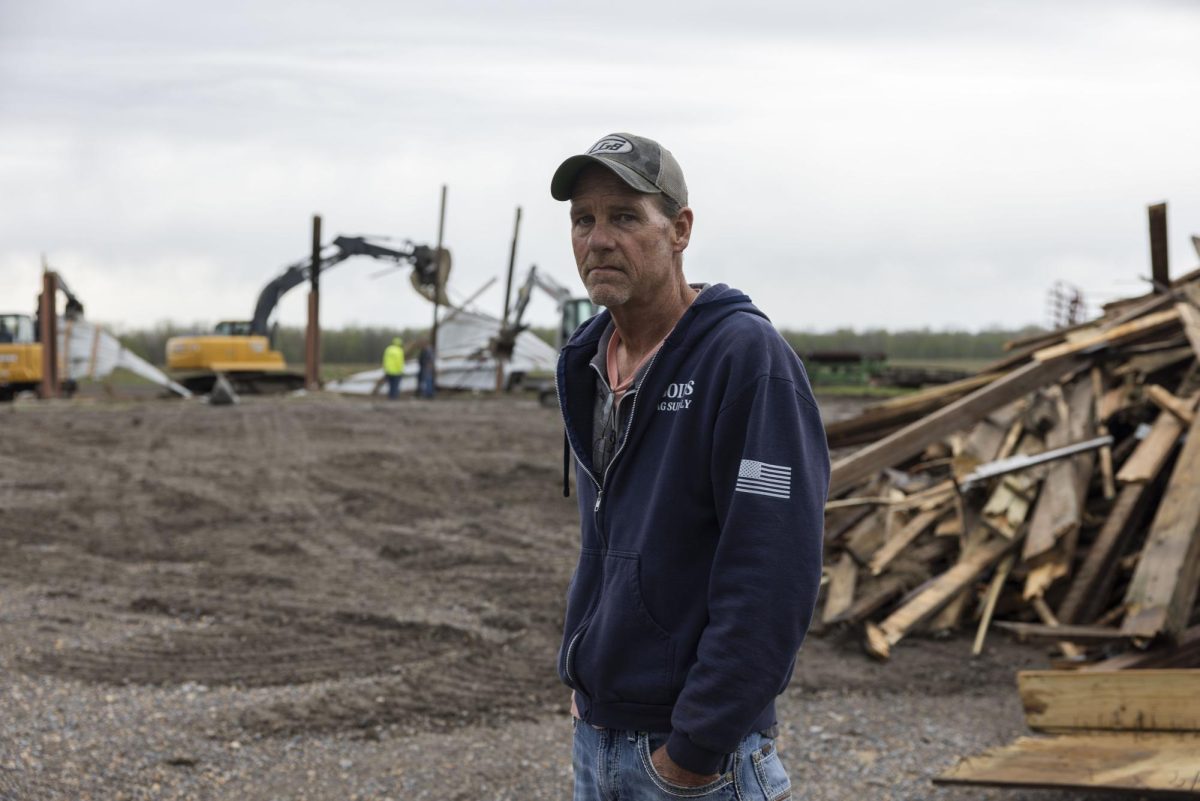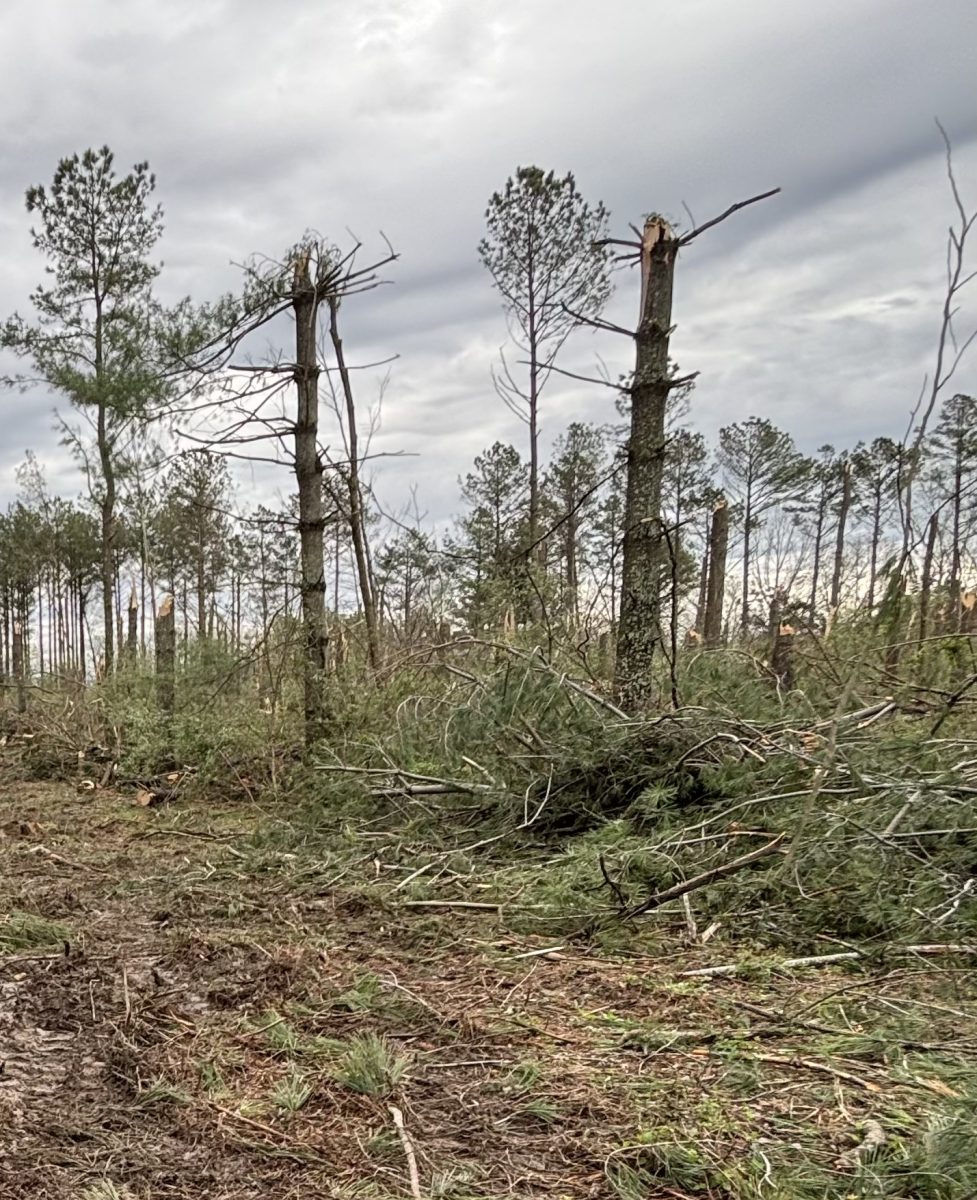SIU Public Policy Institute brings together religion and welfare reform
March 26, 1998
In what participants are calling a historic event, religious leaders of diverse denominations and welfare experts met in Southern Illinois to draft a statement calling out for support of welfare reform.
At the two-day conference sponsored by the Public Policy Institute, about 25 religious leaders from across the nation met to discuss welfare reform and the role of religion in that reform.
There is a large population diving below the poverty level in this nation, said Pat Robertson, chancellor of Regents University in Virginia and anchor on the 700 Club news. This statement is to issue a call to the religious community and the government to place welfare reform as top priority.
Advertisement
Former Sen. Paul Simon, director of the Public Policy Institute, said the focus of the meetings at Giant City Lodge, in Giant City State Park, was two-pronged:what the government can do about welfare reform, and what the religious community can do to aide in the process.
Simon had high aspirations for the symposium Wednesday. The main goal for the meeting was to draft a statement to be distributed among the public that represented a broad range of opinions from different religious leaders and policy experts.
My hope is this small meeting can become the most important meeting of this year for America, Simon said. The people at this table have the ability to make that happen.
After extensive deliberation about the role of religion in poverty, a synopsis of their findings was drafted and printed. The panel, which included such popular figures as Robertson, Maureen Shea, public liaison to the White House, Rabbi Jacob Rubenstein, president of the Rabbinical Council of America, and James Skillen, executive director for the Center for Public Justice agreed poverty was one of the world’s greatest moral challenges and committed to fight for the poor.
The present state of the economy causes some people to argue that it is foolish to talk about the need for welfare reform, said professor William Julius Wilson of Harvard University. However, it is important the problem be addressed now, in the event the economy would take a downward turn.
One of the problems with the way we approach social policy is we do not think in terms of the future instead we tend to respond to problems only when they are upon us.
When the draft is finalized, the leaders will report to their constituents and deliver the message defined in the meetings.
Advertisement*
The statement conveys a message of hope with regard to the underclass in America but also sounds an alarm to a society that has shied away from the problem of poverty. The statement is directed toward all citizens not just religious leaders.
Today we are moved by the plight of those who struggle against great odds, who require immediate responses in order to have hope for themselves and opportunity for their children, states the document. Recognizing our mandate mission, our indebtedness to God and our duty to share as stewards of God’s creation, we gather out of concern for millions of our fellow Americans who live in poverty.
That is a moral challenge to religious leaders, social activists, government officials and all Americans.
Advertisement







